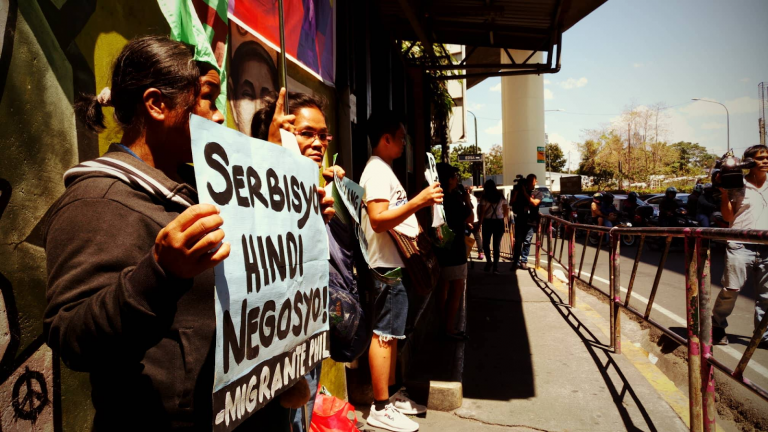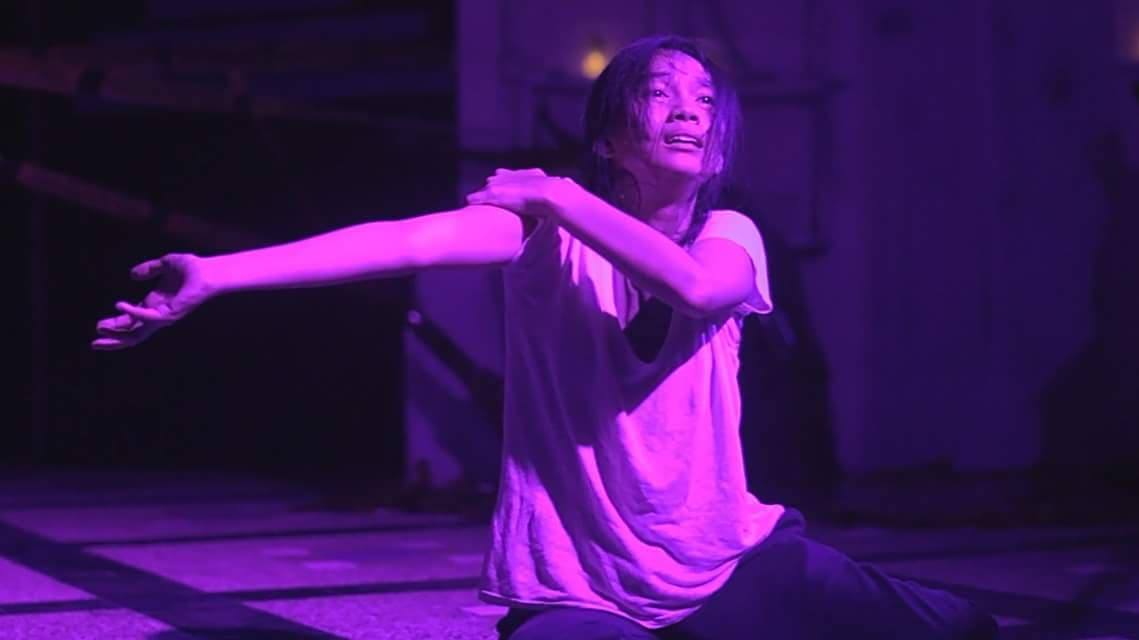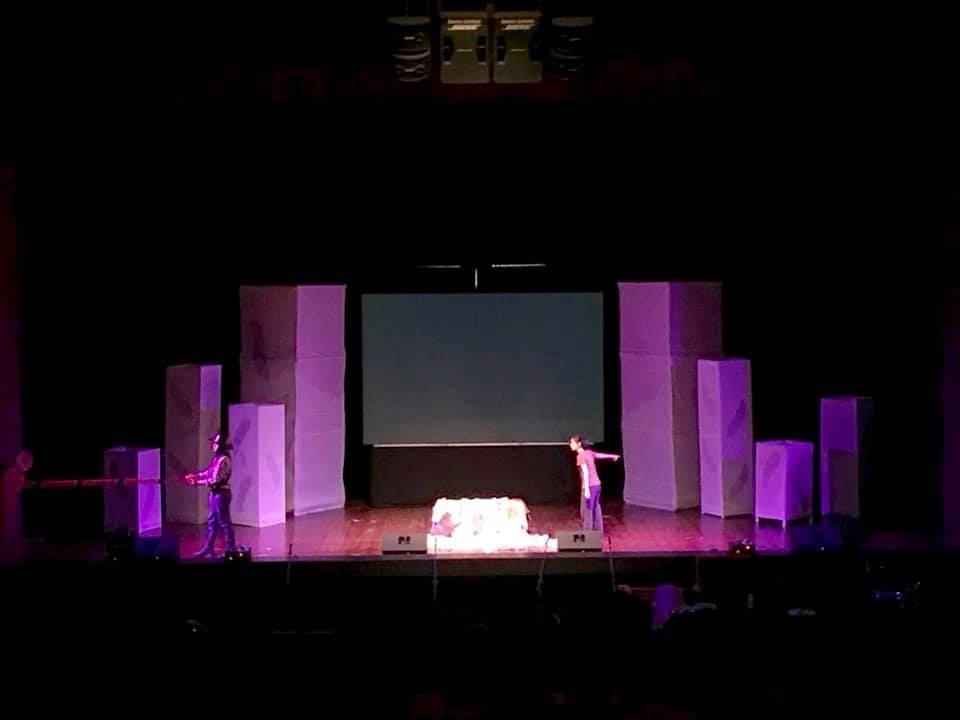“Rather than push OFWs to pay for social security, the government should push the employers to pay and ensure their workers’ security.”
By ALYSSA MAE CLARIN
bulatlat.com
MANILA — A migrant rights group called for the repeal of a law that requires overseas Filipino workers to cough up a monthly premium for their social security.
“It is clearly a legalized ‘hold-up’ for OFWs. There is nothing more cruel than a government that wants to make money out of its citizens’ desperate moves to work abroad,” said Arman Hernando, Migrante-Philippines president said in a statement.
In February 2018, President Rodrigo Duterte signed the Social Security Act, where, among its provisions, OFWs are required to contribute to the Social Security System. Their contribution, too, will increase from 10 percent to 12 and even up to 15 percent in 2025.
According to the draft Implementing Rules and Regulations of the act, workers need to pay their monthly contributions (P2,400/per month for land-based OFWs, and P800/per month for seafarers) first before they could get their overseas employment certificate (OEC)
Migrante led yesterday’s protest action outside the main office of the Philippine Overseas Employment Administration in Ortigas yesterday, March 26. They also held a petition signing during their program.
Such monthly premium, they said, should instead be “voluntary.”
Dire working, living conditions
Overseas Filipino groups are not happy with the said law as many migrant workers are being subjected to poor living and working conditions abroad.
After learning about the new law, former OFW Feliza Benitez was reminded of how she was practically treated like a slave in Hong Kong for 25 years. This, she said, is an added burden to Filipino migrant workers, especially those whose employers are not following their supposed salary and benefits as stipulated in the contracts they signed before leaving the country.
“Not a lot is left from our salary, even if we only subtract the expenses for our daily needs,” Benitez said, adding that it will have a “big effect, especially on their remittances for their families back home.”
“What if the employer cancels the contract after the worker pays (the contribution)? Then the three month’s payment will be for nothing,” she added.
On top of these,Benitez shared that there are migrant workers who endure poor living conditions, with some who are forced to sleep along corridors, and are only provided food once a day. Many, too, are being subjected to verbal abuse.
“Let the people decide, how much they want to pay for contribution. That’s all we want,” she said.
State exactions
This is not the first time that the government has imposed mandatory fees on Filipinos seeking job abroad.
For instance, the Overseas Workers Welfare Administration implemented a program dubbed as “Balik-Manggagawa Program” that supposedly grants financial aid to returning OFWs like Benitez.
However, even after 25 years of working abroad, Benitez only managed to avail of P20,000 financial aid from OWWA after going through countless processes.
The missing OWWA funds – at least P21 million – have yet to be properly investigated.
Related story: Investigate Owwa for missing P21 million – Migrants group
Social burden rather than security
As such, Migrante’s Hernando said the compulsory contribution is a detriment to Filipino migrant workers.
“How could we ensure a bright future (for our families) if we could not even sustain ourselves at present?” Hernando said.
The situation is worse for returning workers, the migrant rights leader said, as the IRR requires them to pay their contributions three months in advance, or a total of P7,200 before they can start working again.
Although it was also stated that the employer and the land-based OFW would be splitting the 8 percent monthly contribution, Migrante emphasized that it would only be possible for host countries who have bilateral agreements with the Philippine government.
“Employers won’t pay for that. They would insist that it is a Philippine matter and should be settled by Filipinos,” Benitez added.
Hernando said, “rather than push OFWs to pay for social security, the government should push the employers to pay and ensure their workers’ security.” (bulatlat.com)
The post ‘New social security act, detrimental to Filipino migrant workers’ appeared first on Bulatlat.







